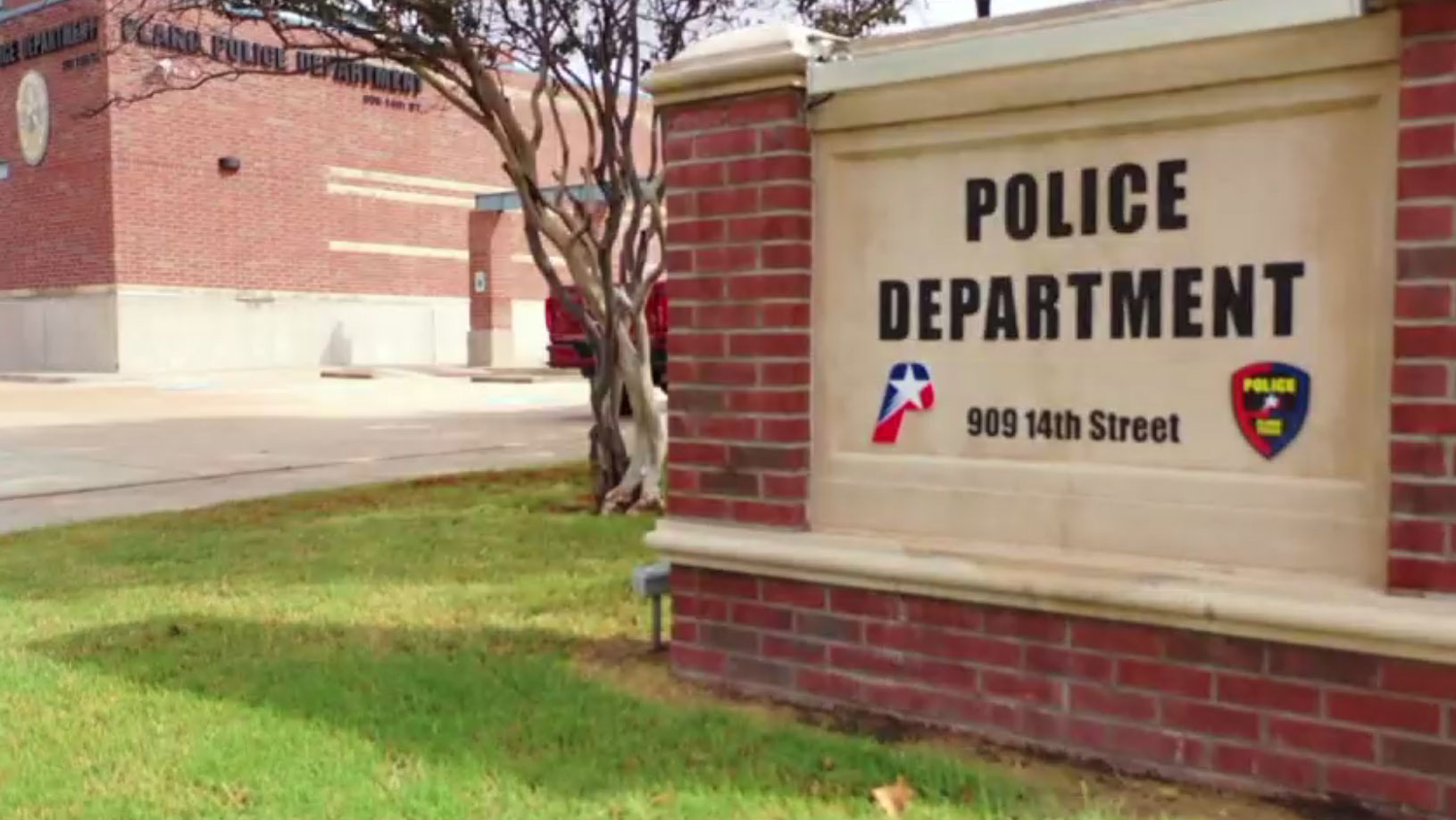Texas Gov. Rick Perry plans to turn down $555 million that would expand state unemployment benefits, saying the money would have required the state to keep funding the expanded benefits after the stimulus money ran out.
"That is a lot of money," said Cory Walden, an investment manager and analyst who lost his job at EDS in Plano last year. "There are times the prize isn't worth the price, and the governor has made that evaluation. I hope through wise counsel."
Walden was among several dozen people who attended a job-training session at First Baptist Church in Euless Thursday night.
Perry, an outspoken critic of President Barack Obama's $787 billion stimulus bill, accepted most of the $17 billion slated for Texas.
But the governor turned down the unemployment benefits because he said they would require Texas to increase taxes on businesses.
"During these tough times, Texas employers are working harder than ever to move products to market, make payroll and create jobs," Perry said at a news conference at Bering's, an upscale Houston hardware store. "The last thing they need is government burdening them with higher taxes."
Democratic lawmakers pounced on Perry's announcement.
Local
The latest news from around North Texas.
Sen. Kirk Watson, D-Austin, said rejecting the money "demonstrates the height of denial about the challenges confronting this state and its people."
Watson said it's now up to the Legislature, which can still try to accept the funds but risks gubernatorial veto.
"I would not jump to the conclusion that we're not going to get the money," Baylor said. "The governor's decision puts a red light in front of the Legislature, but the Legislature still plans to go forward and hold hearings on these bills and try and get votes. The Legislature is not lying down in response to this."
However, Perry noted that Texas lawmakers had previously rejected proposals to expand unemployment benefits and criticized the stimulus money for coming with strings that would "force our legislators to enact policies they have repeatedly rejected as wrong for Texas."
"The federal government is trying to come in the back door and expand government without any debate," said Perry, who stood at a podium in the store's paint supply aisle, flanked by rows of brushes, rollers and cans of spray paint.
To receive the full amount of stimulus money available, lawmakers would need to adjust the time period used to determine whether people are eligible for benefits.
Texas also is being asked to expand eligibility to include thousands of low-wage workers. Lawmakers have said the change would help part-time employees like single mothers, college students and senior citizens.
Perry said the requirements attached to the federal stimulus money would require a change in the state's definition of unemployment. He said such an expansion would counteract the package's objective of job creation by leading companies to limit hiring and raise prices.
"The math is simple: employers who have to pay more taxes have less money to meet their payroll, hire new employees and grow their businesses," Perry said.
Perry's decision comes despite warnings from Texas Workforce Commission Chairman Tom Pauken that the state's unemployment compensation trust fund could be operating at a deficit by October.
In January, the Texas unemployment rate jumped to 6.4 percent.
Perry said he would prevent the unemployment compensation fund from falling into insolvency by reinstating the tax paid by businesses, but refused to term that change as a tax increase.
"We have a business cycle that goes up and down," Perry said. "I lowered those taxes, now they are going back to where they were."
Perry also sought to assure unemployed Texans that they would still receive unemployment benefits.
"If you are an unemployed Texan and lost your job through no fault of your own, our state's unemployment system has covered you and will continue to cover you."
A group of Democratic lawmakers blasted Perry's decision and warned in a news release that the state's unemployment rate could soar past 8 percent.
"Texas families are hurting and are worried about how they are going to keep their homes and pay their bills." said Sen. Rodney Ellis, D-Houston. "Today, Governor Perry told them, 'Good luck with that.'"



